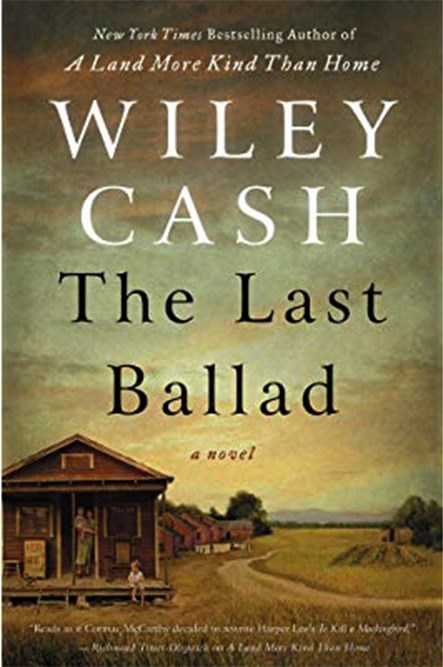I have always enjoyed reading novels that evoke a strong sense of place, stories that bring to life the people, the language and the locale, and that draw you into another world.
The following novels are wonderful examples of the experience of place. I hope you enjoy them as much as I have.
“Gut wrenching” and “raw emotion” are the terms that come to mind when I think of Dorothy Allison’s Bastard out of Carolina. This semi-autobiographical novel is narrated by 12-year old Ruth Anne, nicknamed Bone, whose mother gave birth to her at the age of 15. From the opening pages, Allison immerses us in a harsh world where poverty reigns, the men are tough and the women resigned but resilient. If life isn’t already hard enough for Bone, her mother Anney marries Glenn who, on the surface, is as sweet as sugar but who has an uncontrollable temper. Before long, Glenn begins to sexually and physically abuse Bone, resulting in a chain of events that tears the family apart and lays bare the consequences of family betrayal. There were times while reading this book I was sure I couldn’t read another word, so disturbing were some of the passages, but the author’s use of language and her writer’s ability to pull me into her characters’ lives made me keep turning page after page. Allison said after the book’s publication that it was the “complicated, painful story of how my mama had, and had not, saved me as a girl.” It’s a powerful story you don’t want to miss.
The Last Ballad, Wiley Cash’s third novel, is a fictionalized account of the 1929 Loray Mill strike in North Carolina, an event that changed the lives of many in unimaginable ways. Ella May Wiggins works six days a week at a textile mill in Bessemer City, barely earning enough to clothe and feed her children. After attending a union meeting in nearby Gastonia, Ella May finds herself leading the workers in their fight for humane working conditions. Before long, Ella becomes the target of anti-unionists and angry mill owners who will stop at nothing to quash the labor revolt. This is a sweeping novel, full of sorrow and anguish and well worth your time.
Leah Weiss’ debut novel, If the Creek don’t Rise, takes us into the impoverished world of Baines Creek, a fictional town in Appalachia in the 1970s. Here we meet Sadie Blue, 15 years old, pregnant and newly married to Roy, who drinks too much and uses her as a punching bag. Sadie has no idea how to escape from her marriage prison until a new teacher in town helps her see things in a different light. Sadie’s story is primarily told through the eyes of several colourful characters whose stories convey a world of bleakness softened occasionally by a few glimmers of hope. As Sadie’s grandmother says, “Regular folk would buckle in this piss-and-vinegar world.” Not so the folk around Sadie. I liked this novel for so many reasons, particularly for the way Weiss develops a growing sense of foreboding throughout and crafts an ending that is deeply satisfying, if somewhat shocking.
A Good Read is a column by Tri-City librarians that is published on Wednesdays. Kathleen Wyatt works at Coquitlam Public Library.



